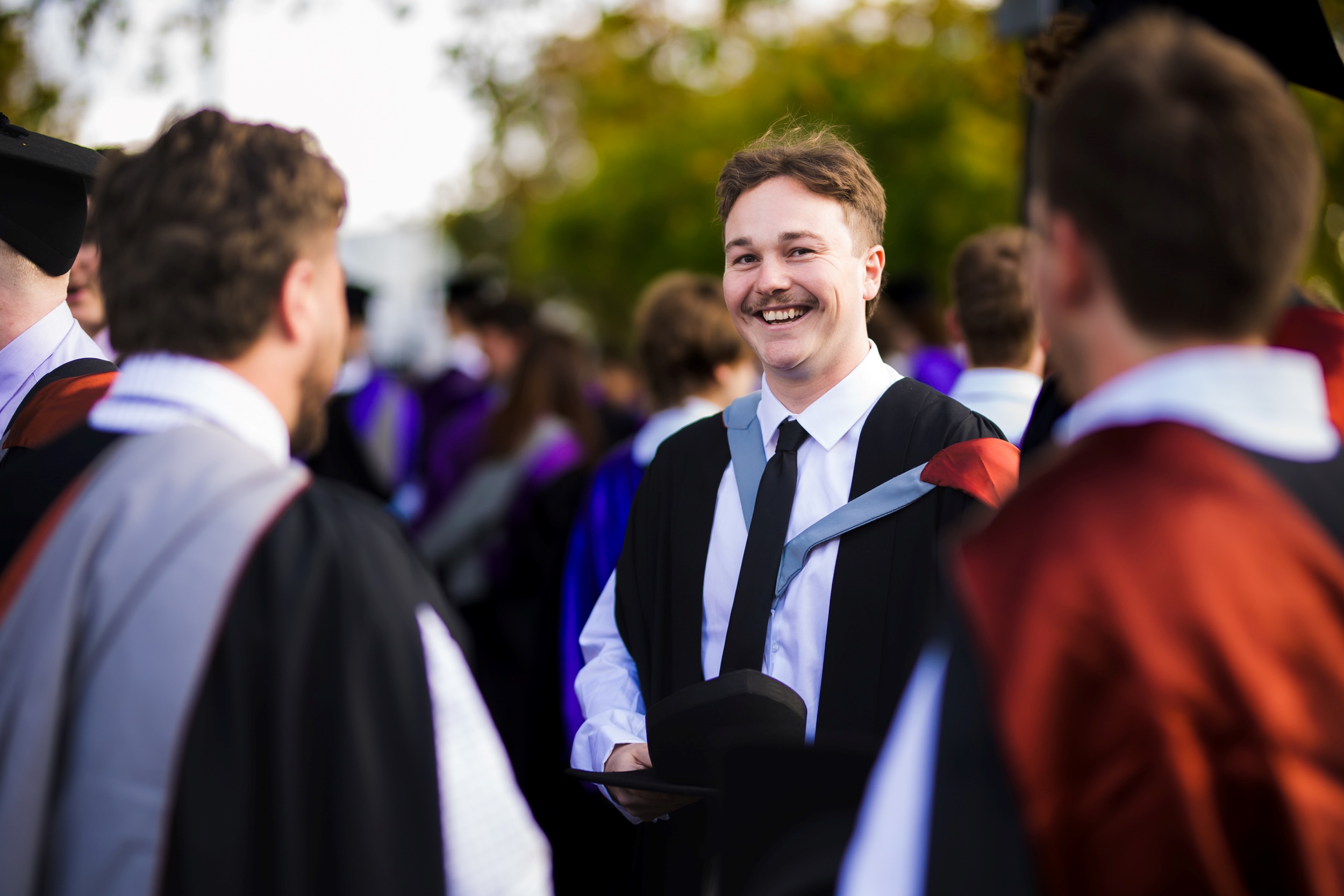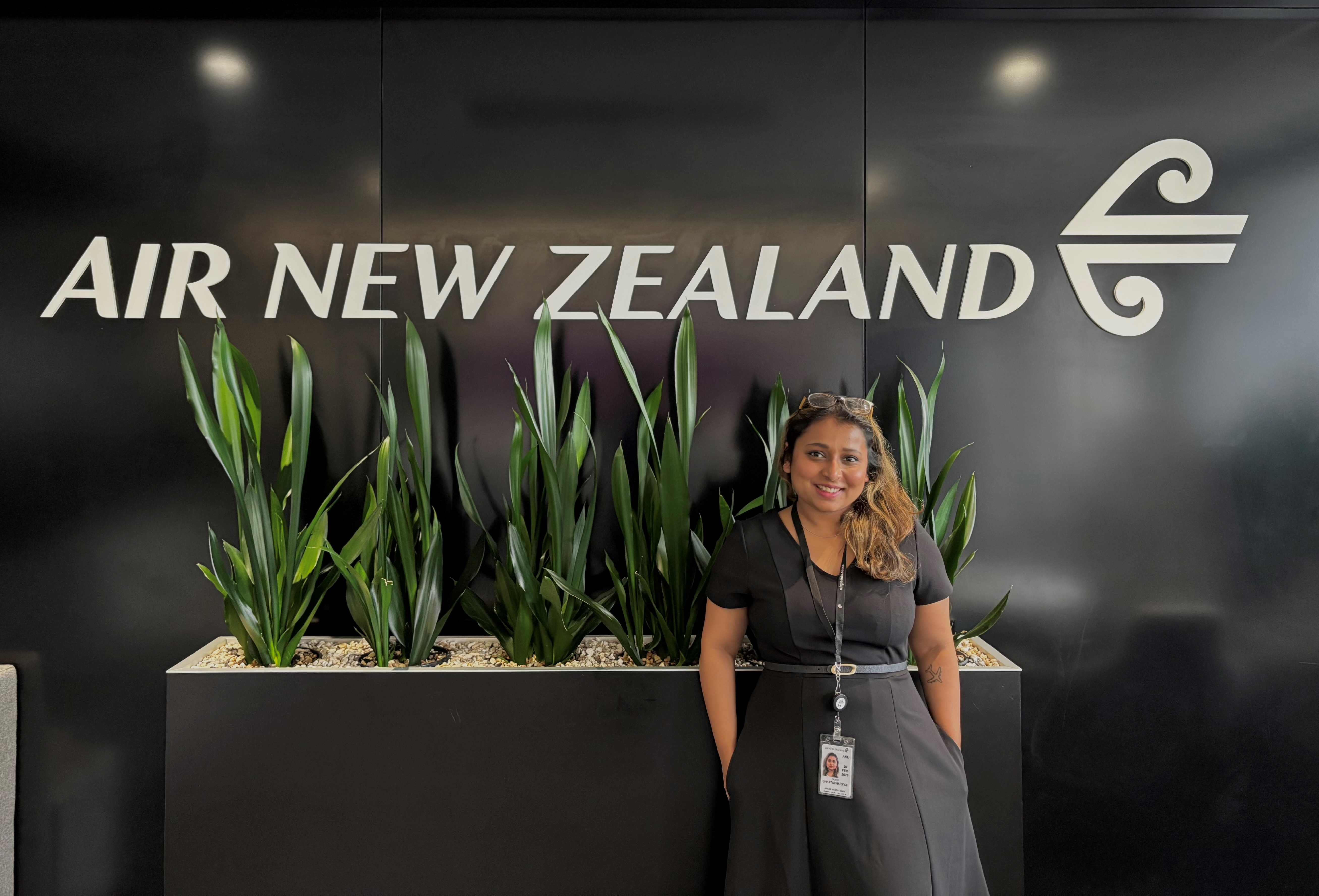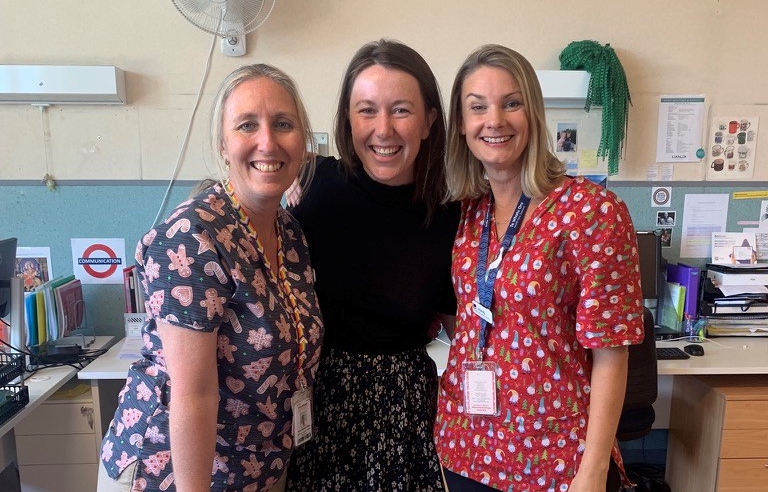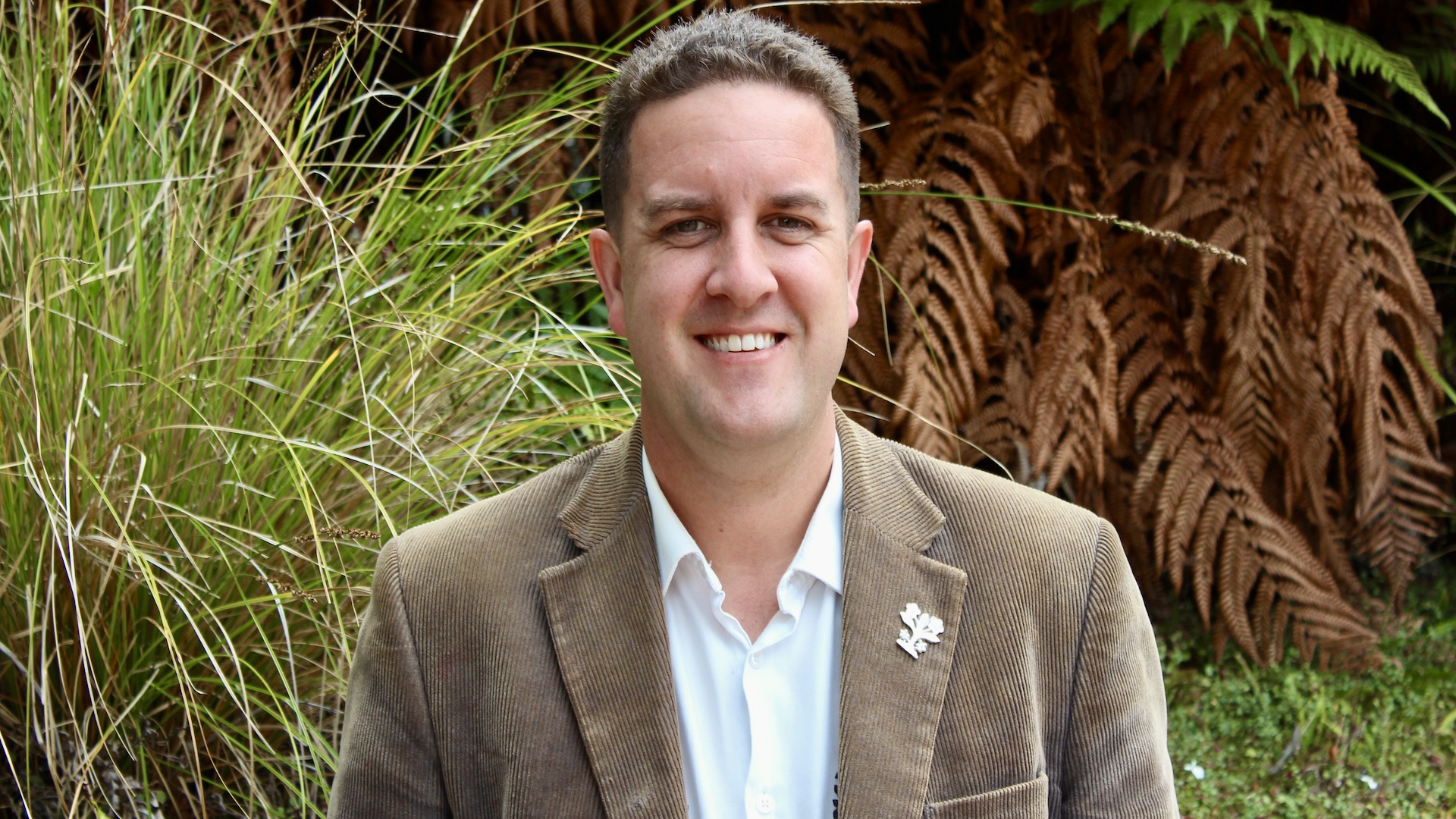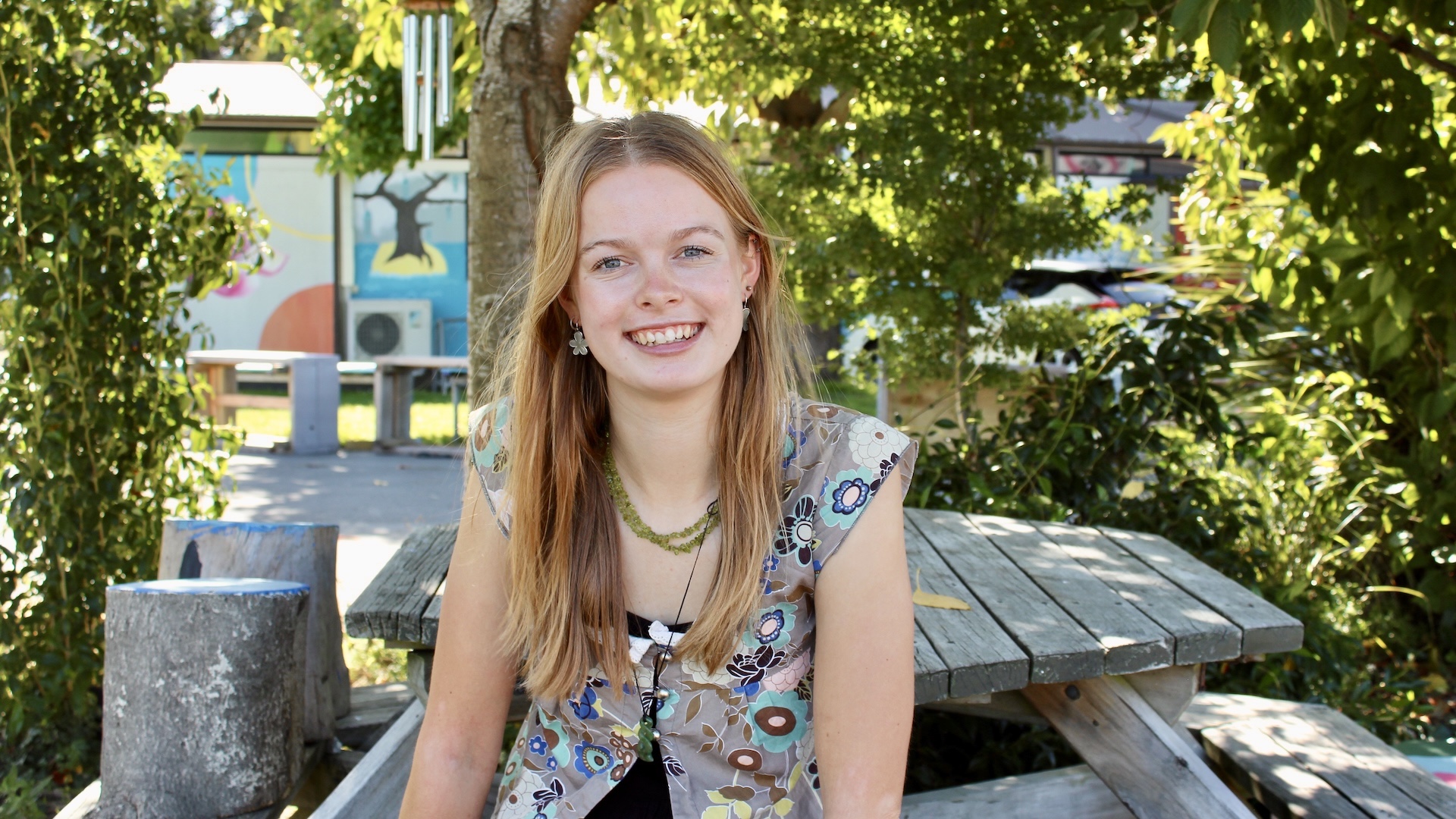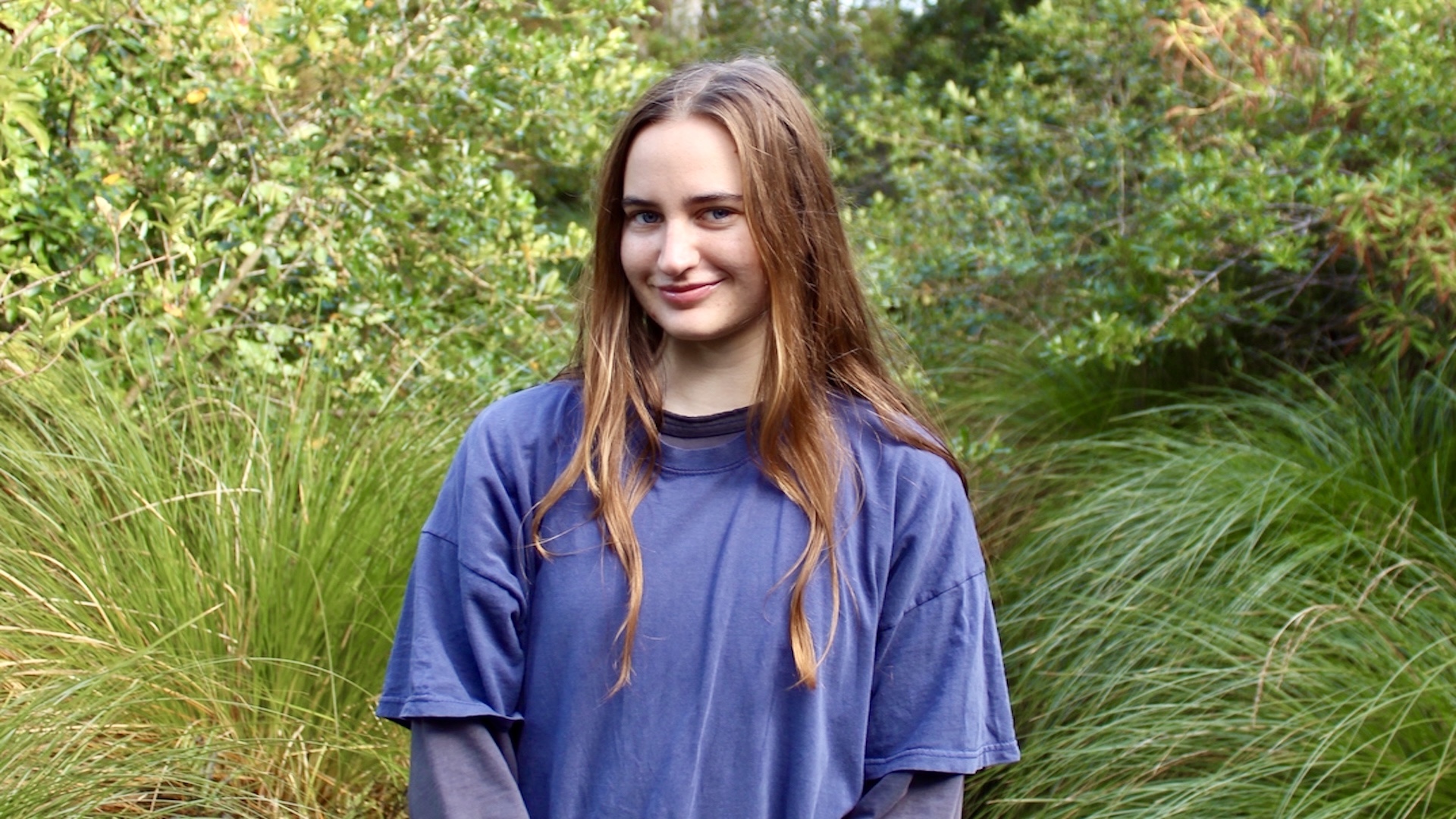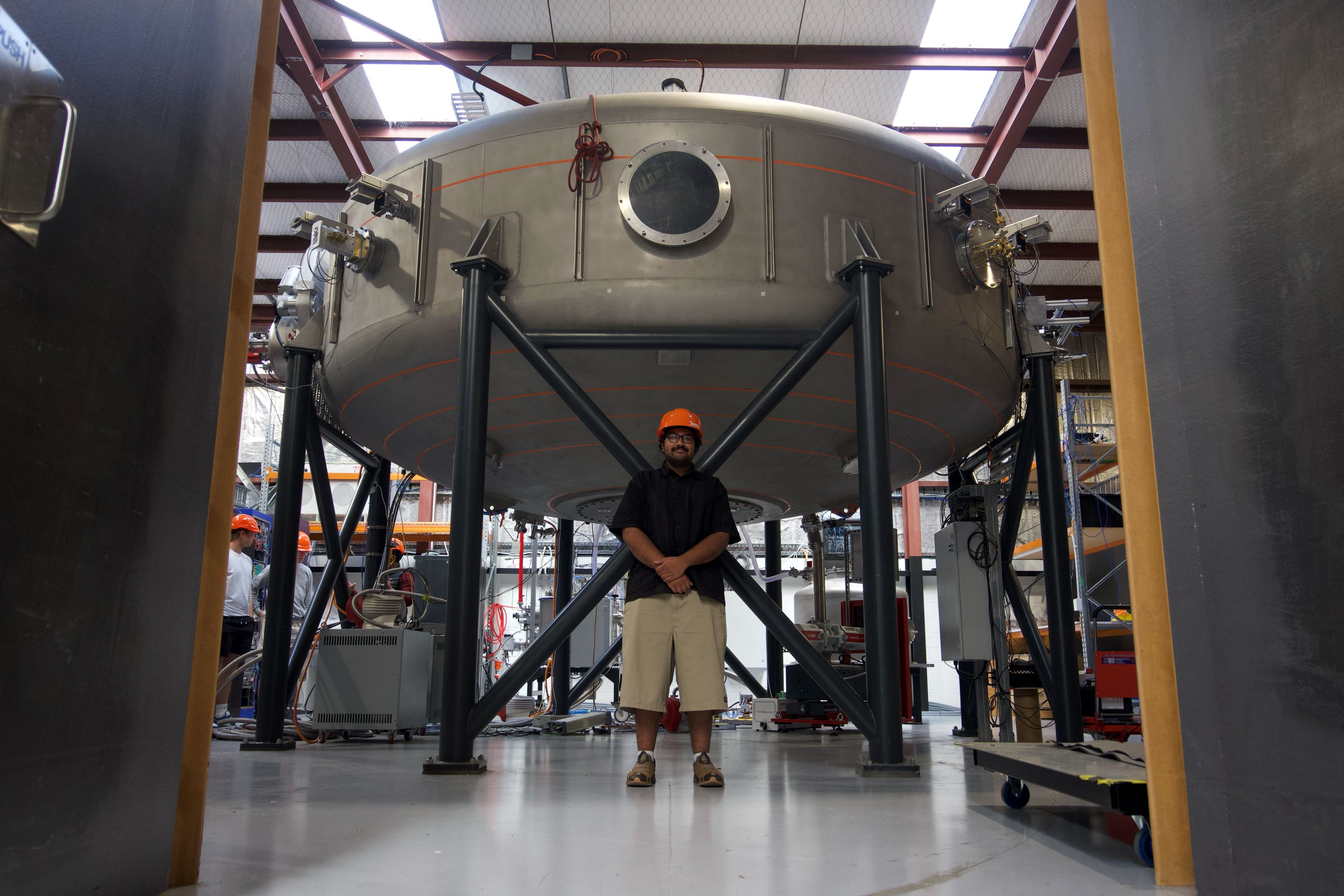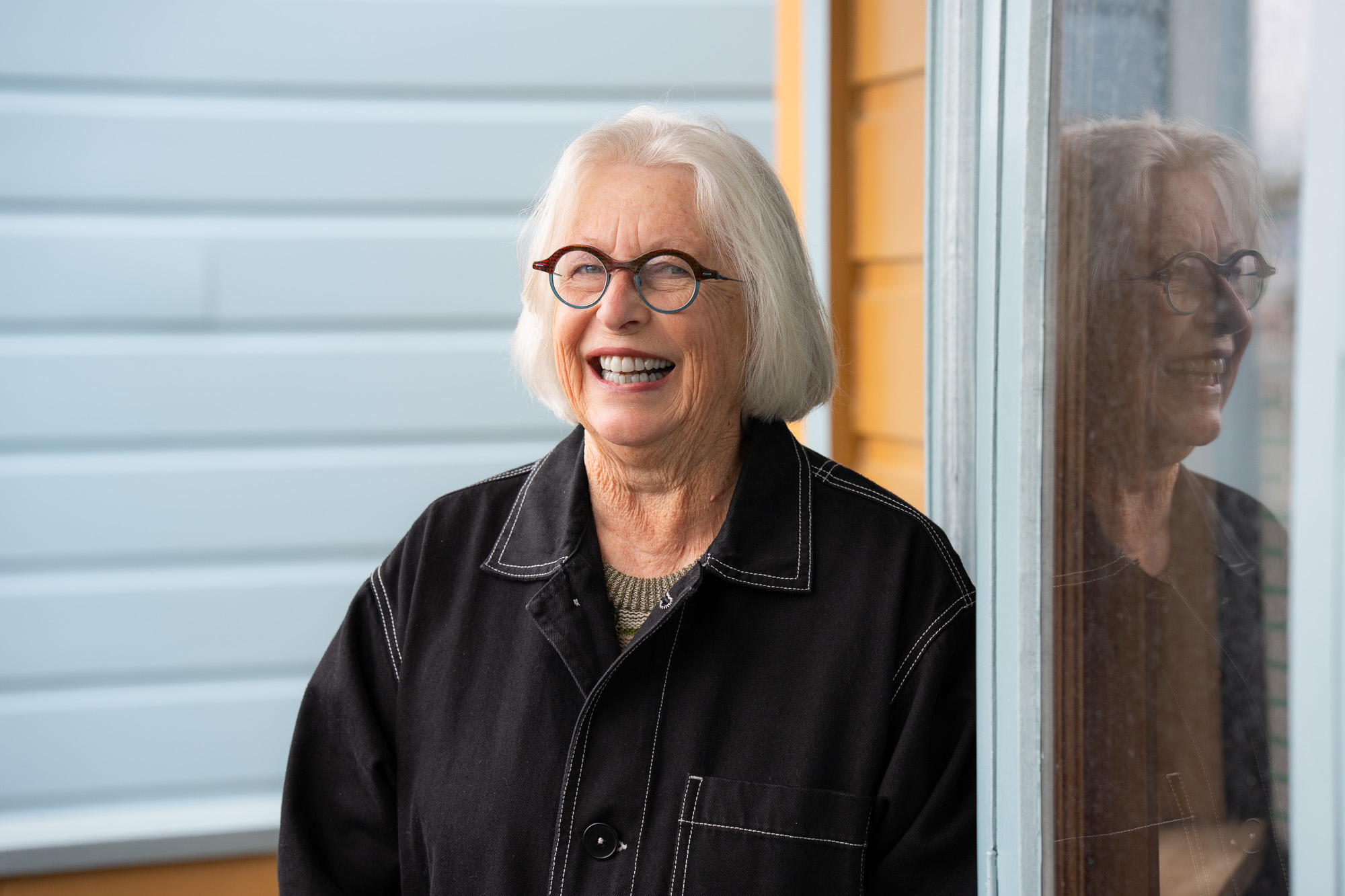University of Canterbury student David Huang
Oasis AR is the first social media app that uses true augmented reality (AR) on a smartphone to create the sensation of having friends close by in the room, even when they’re far away.
Socialising with 3D avatars in games isn’t particularly new, David says. “What’s new is making the use of augmented reality accessible to everyone with a smart phone, and that’s what Oasis AR does.”
After completing the UCE Summer Start up Programme, David introduced Oasis AR to the market earlier this year, and to date it has been downloaded 20,000 times worldwide.
“Currently, key social apps have functions like video and voice calling, and instant photo messaging. The next natural progression of social media is to interact with others using 3D avatars on a standard smartphone.”
Huang’s passion to make a difference using AR has developed from his classes with Dr Thammathip (Tham) Piumsomboon, who believes the question to ask is not, ‘how to do it’, but ‘why’.
“Social connection plays a huge role in everyone’s lives,” Huang says. “We all know that the inability to socialise face to face was hard on mental health of people around the world.
“Although we couldn’t cure the pandemic, our hope was that we could create something using AR to help people feel like they’re in the same room with their friends and family. It’s currently the closest thing possible to replicate real-life interaction in an accessible way.”
David will be within the first cohort of students to graduate with the conjoint Bachelor of Product Design (Immersive Game Design) and Commerce (Finance) degrees and is graduating in April 2022. He plans to get involved with UC’s startup founder incubator ThincLab next year to continue working on the app full-time.


